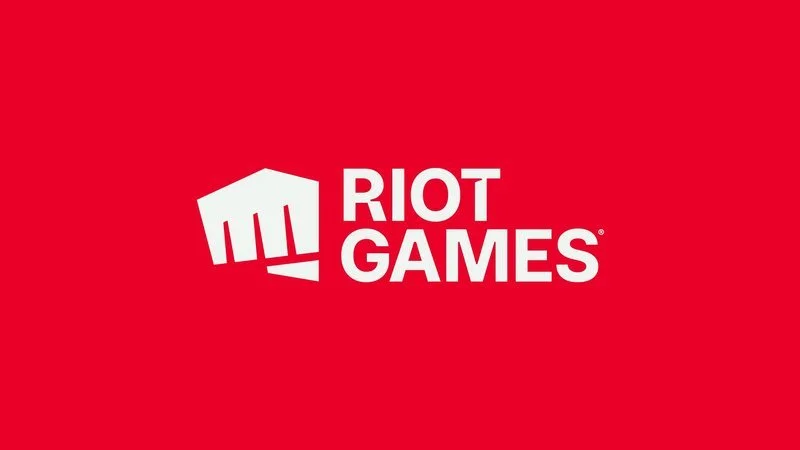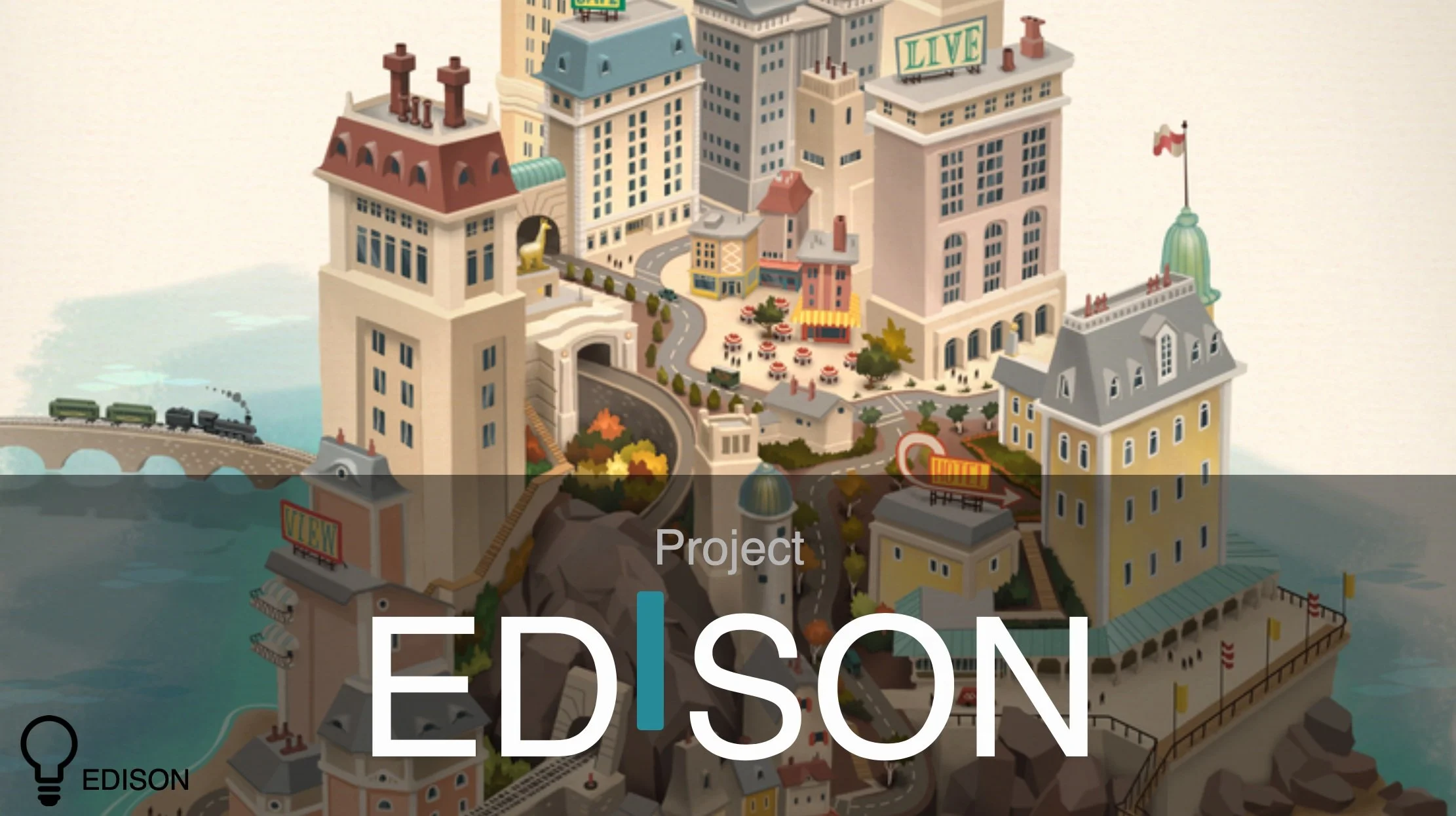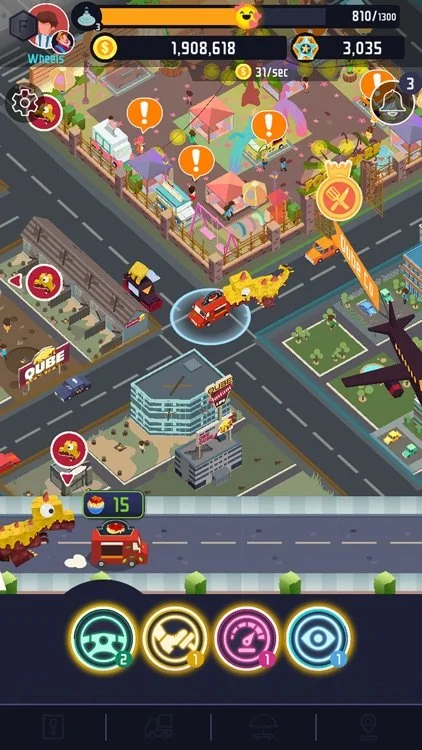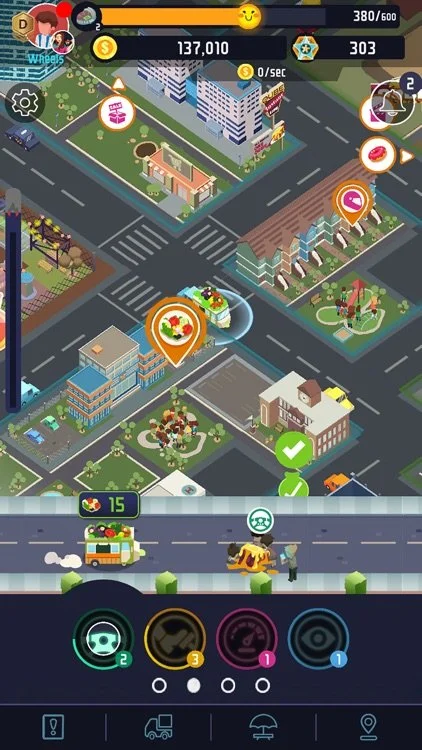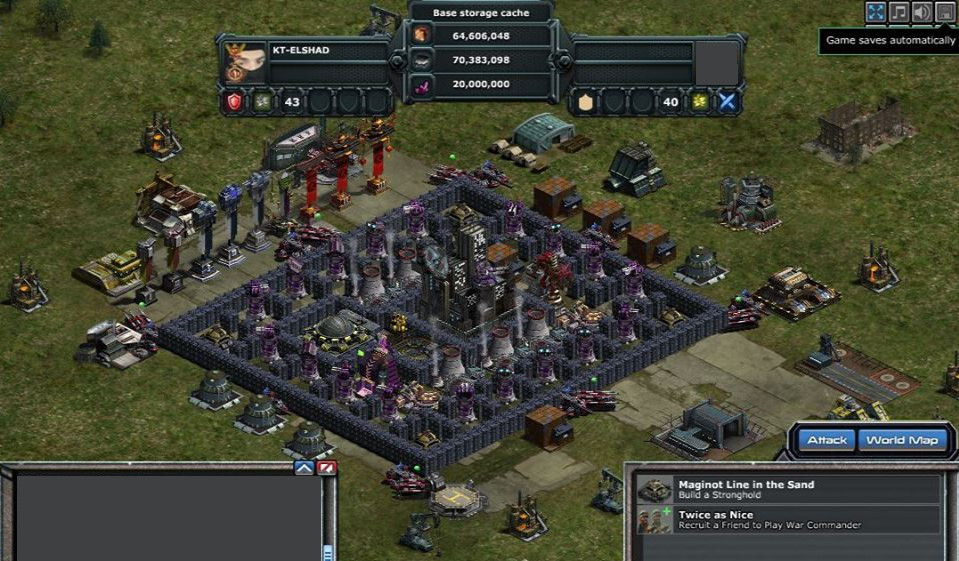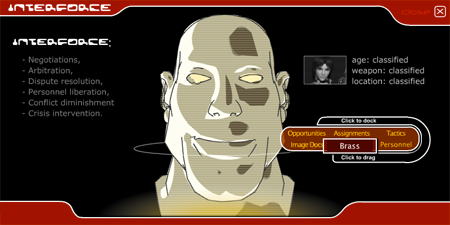Role:
Executive Producer and creator
Contribution:
As Executive Producer on TOME - Immortal Arena, I was responsible for all aspects of the product, including design vision, tech stack, project plan, P&L, monetization model, and final delivery. All development was done by the hand-picked, rockstar team at KIXEYE.
Design Challenge:
"The MOBA for everyone else”. This was one of our design principles for TOME - Immortal Arena. We wanted to build a MOBA from the ground up that would make the genre far more accessible to a wider audience of people who love games in general, not just competitive RTS players. This was also a series of firsts for KIXEYE including the first 3D game. First MOBA for KIXEYE. First (sort of) fully server authoritative.
"The MOBA for everyone else”
What this meant was creating something that was hyper-accessible on all fronts. We focused on having short play sessions, targeting 15 mins or less. The vision was, "two on your lunch break", we even used the phrase, "the lunchtime MOBA". We also tried to get players in a match fast, with one click to start a match, with most matches made in less than two mins. We also had an ace in the hole, since we didn't have any client download.
"Always able to make progress”
Since I was originally hired at KIXEYE to make an MMO RPG, a genre I have a huge passion for, I wanted to infuse RPG mechanics into TOME to give players a better sense of progress in the game. The core design principle was, "Players should always be five mins away from something". The player should feel they are very close to the next level, ability, Relic, Blessing, etc, and be presented with explicit progress and success. One of the challenges with a PVP-only game is a player's only source of feedback is their win/loss record in general, (by design), it ends up at 50%
"Not a League of Legends clone”
The team loves LoL and many people still play it often, but we felt it is not a zero-sum game - we don't have to, "beat" League of Legends to "win". 32 million people watched LoL on eSports, and nearly all of them are not highly competitive ranked players and could be enjoying TOME as well as LoL. This was also why I chose to tackle 3v3 instead of 5v5 since I felt it was an uncharted design space.
"Build an IP that has legs"
For me, the two most important tasks as a producer are 1) Creating lasting and emotionally rich IP and 2) Building passionate, hard-working, efficient teams. If you can build a strong IP, then you can make many games from it. You build a great team and there is no limit to what you and they can produce.
Lastly, we wanted to change the perception of what a “Facebook” game could be and set a new quality bar for browser-based gaming. I could not be more proud of this work and the team I had the privilege to build and work for.
